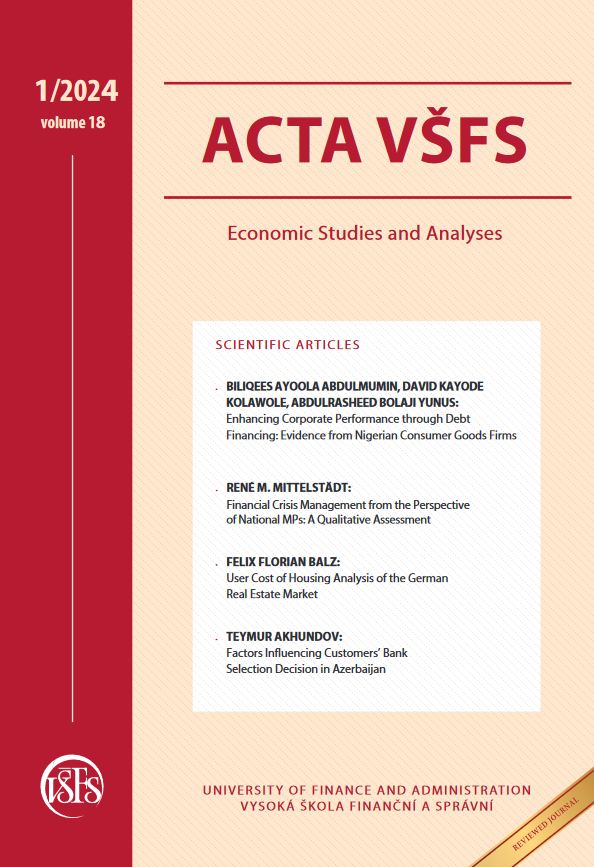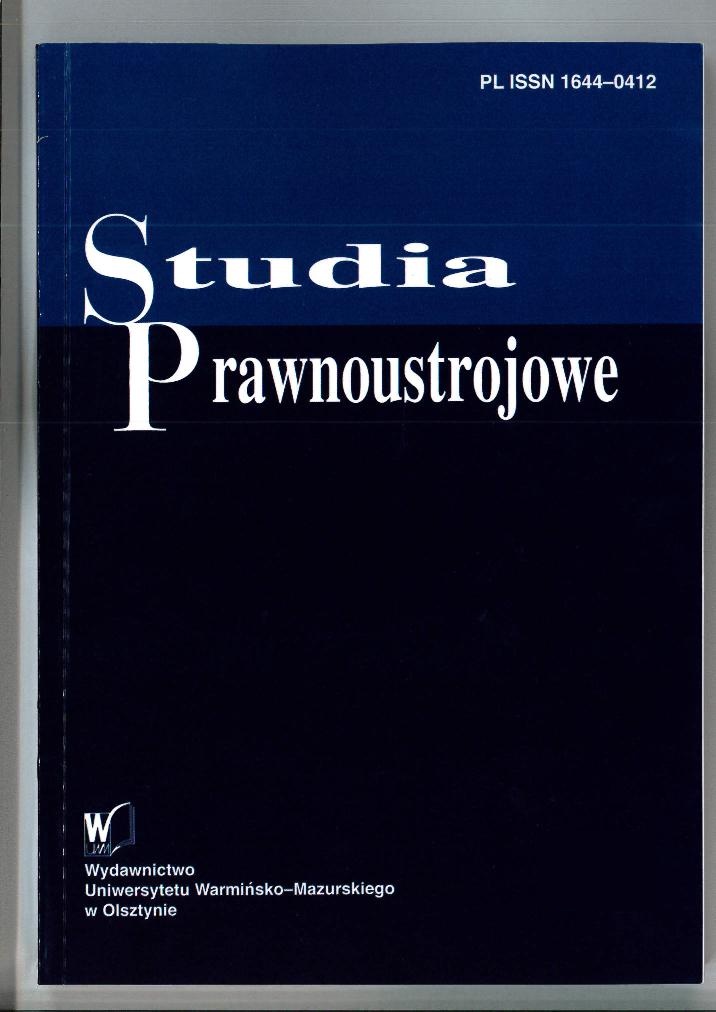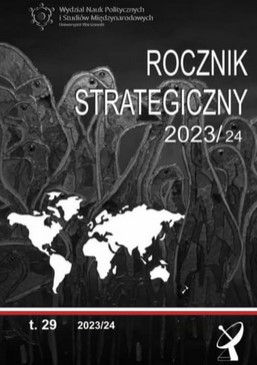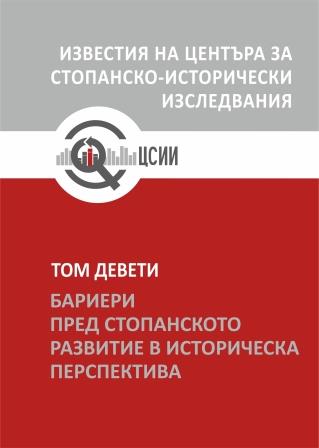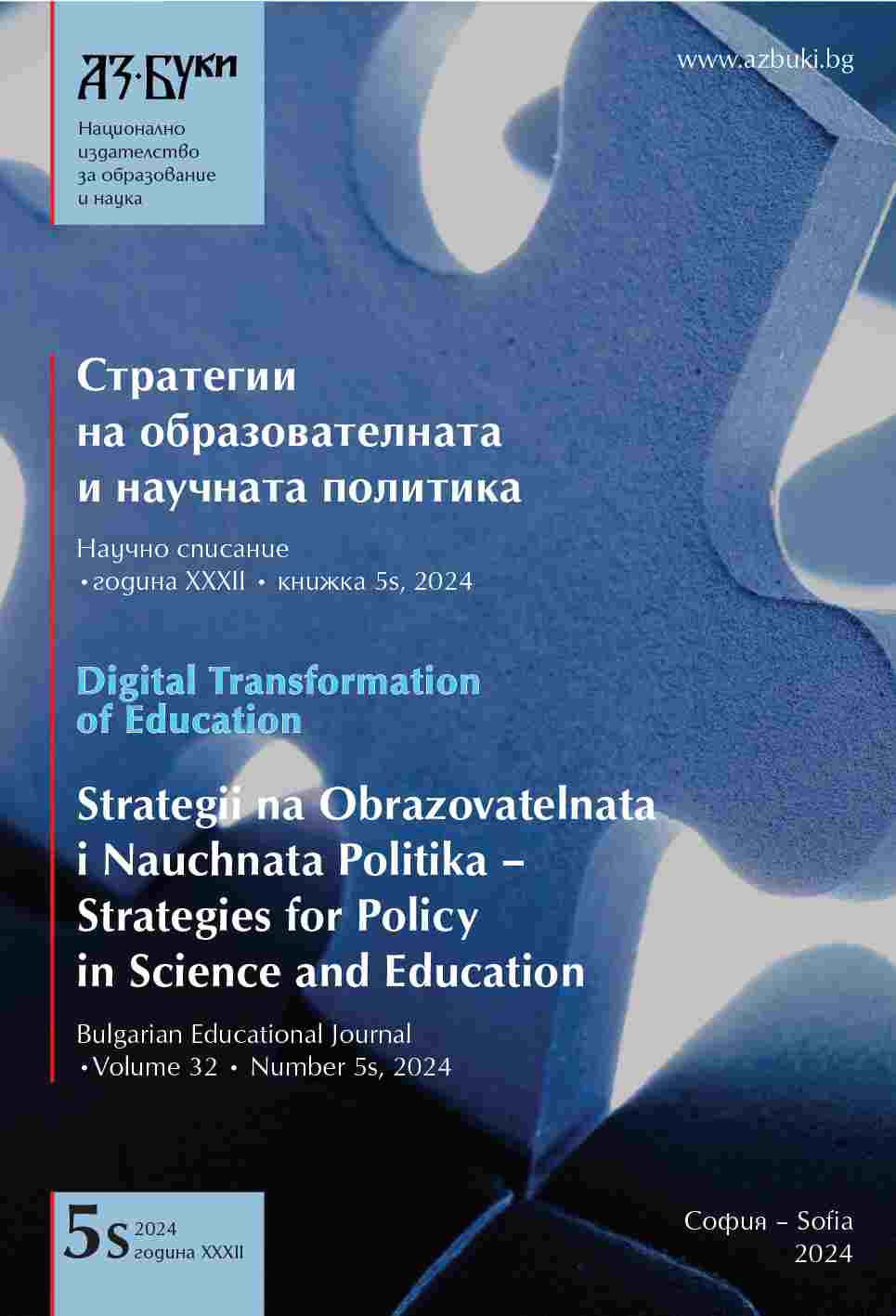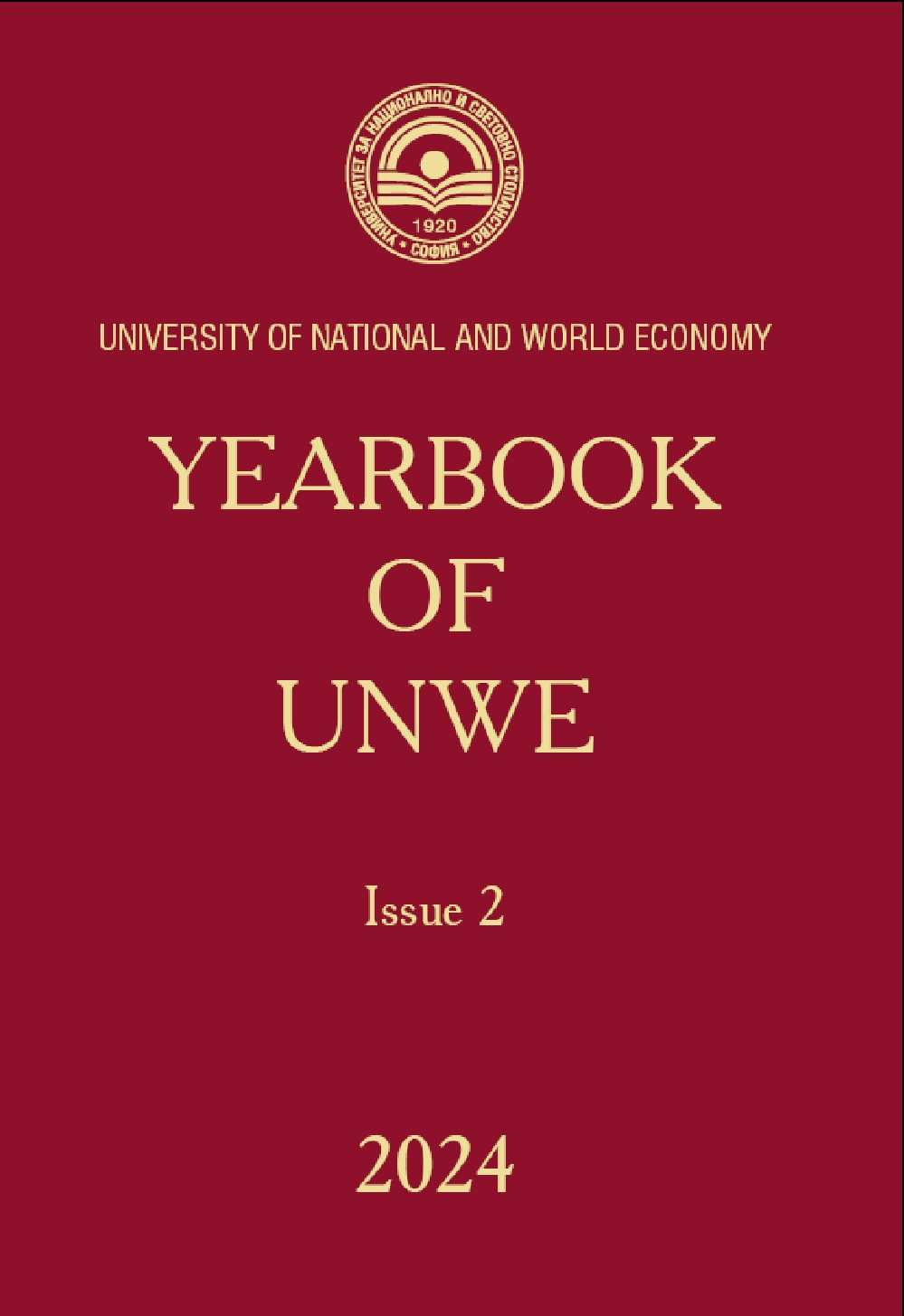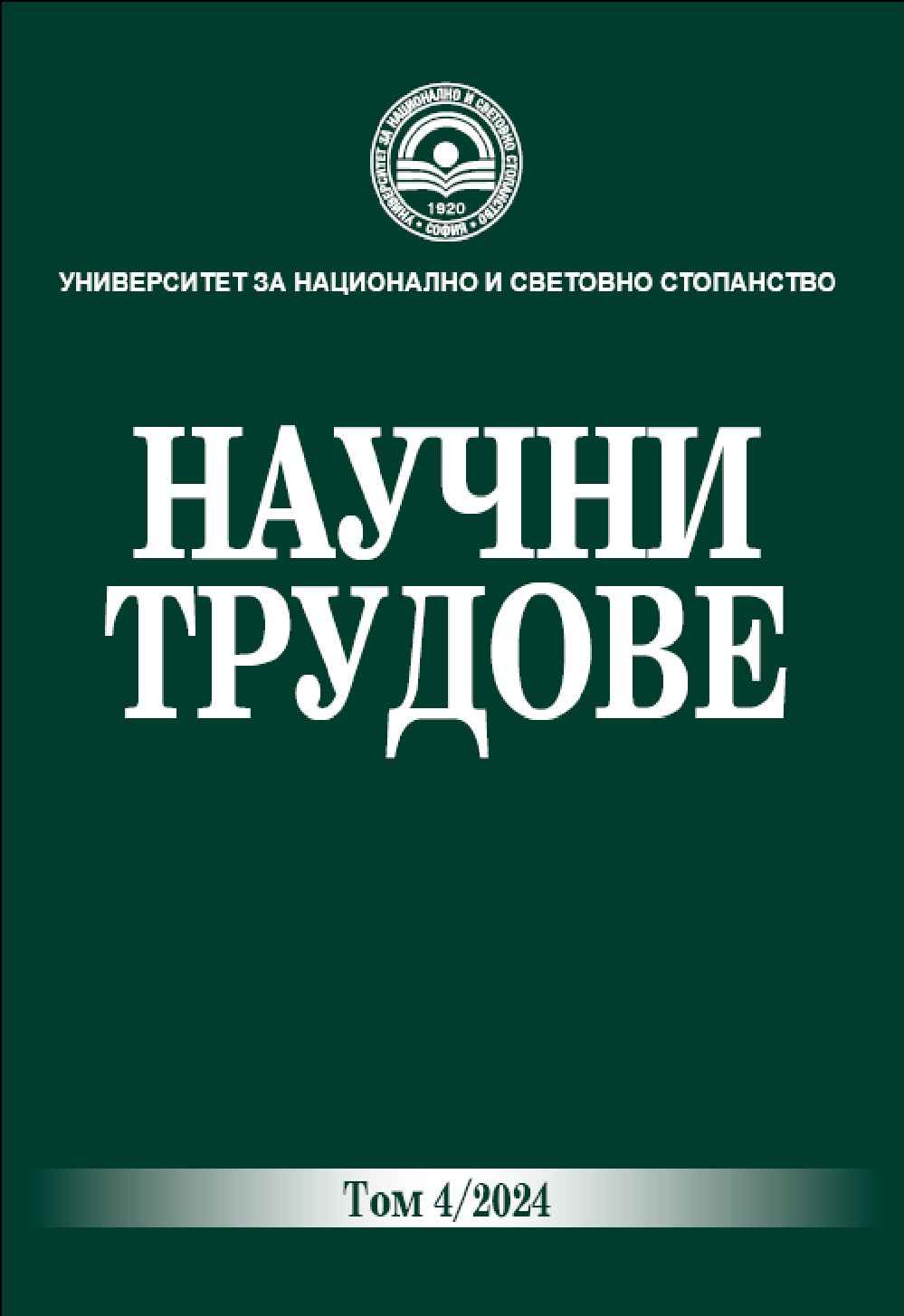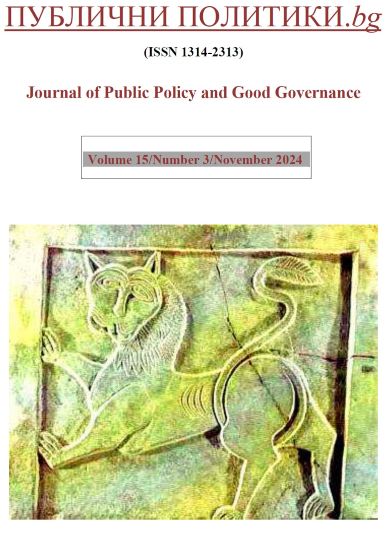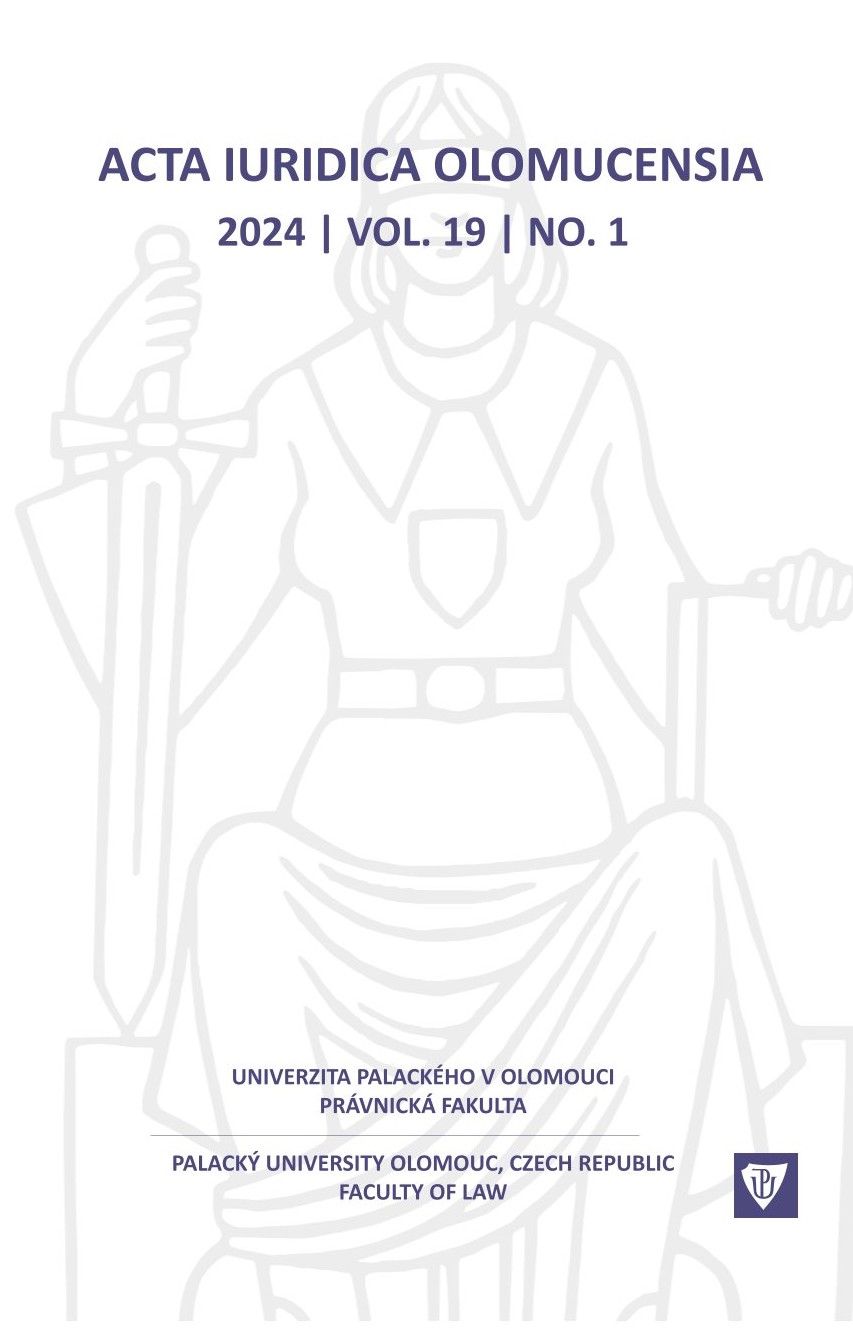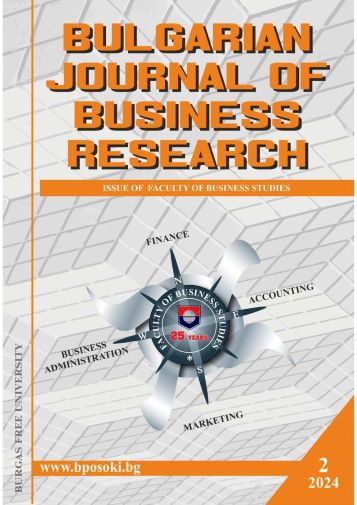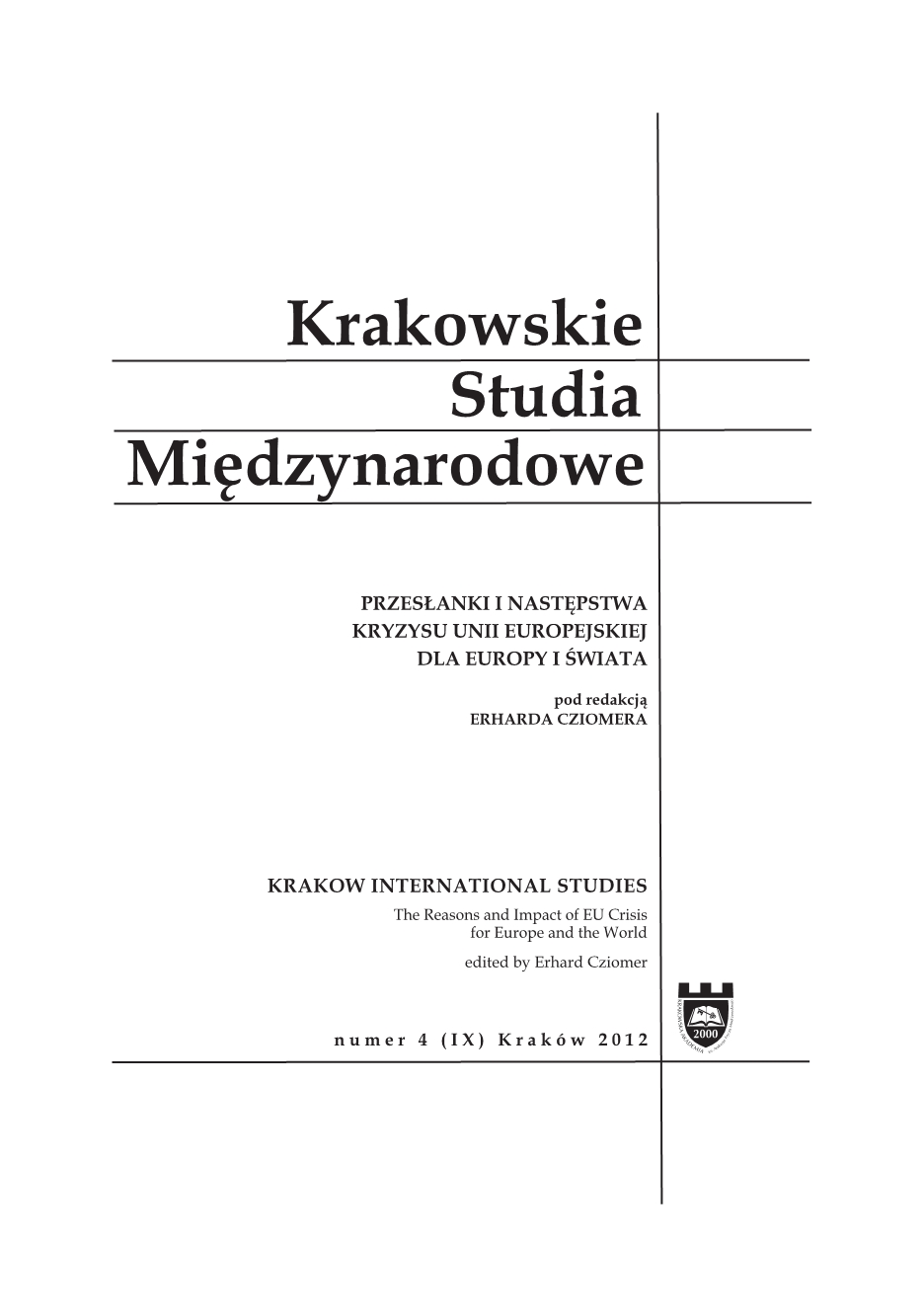
Rola Niemiec w przezwyciężeniu kryzysu zadłużenia oraz stabilizacji strefy euro
The article tries to present the role and significance of Germany in overcoming European debt crisis an stabilization of the euro zone. It consists of three parts focusing consecutively on analysis of the following issues: the origin, essence and implications of the euro zone crisis for Germany; the role of Germany in activities for overcoming euro zone debt crisis; challenges of fiscal pact for stabilization of the euro zone as well as the role of Germany in the EU. The principle thesis of the article is: the main reasons of the euro zone crisis are both results of global financial and economic crisis of 2007–2009 and – revealed in 2009 – excessive debt some southern euro zone states, especially Greece. On the other hand, the progressive euro zone debt crisis proved the incorrect functioning of economic and monetary union mechanisms in the context of degenerations and turbulences of globalization process. As the strongest state of the euro zone, in economic and financial terms, Germany played a leading role both in attempts to help Greece during 2009–2010 period and in attempts to work out in cooperation with France new mechanisms for stabilization of euro zone during in 2010–2011, which took form of two instruments – European Financial Stability Facility (EFSF) and European Stability Mechanism. The attempt of partial implementation of the instruments mentioned above succeeded only to some degree. That in turn led to forcing through the guidelines of the Fiscal Pact, which tightens budget discipline criteria, by Germany and France at the meeting of the European Council on 9th–10th December, 2011. The Fiscal Pact has been signed by 17 euro zone states and 8 non-euro zone member states of the EU apart form the United Kingdom and the Czech Republic. The final implementation of the pact will be possible just after its ratification by 12 states over 2012. However, due to diversity of national interests of different EU members, it may come across many serious hardships and challenges which had been thoroughly discussed using Germany as an example. In the final part of the article the author presents problems and challenges faced by chancellor Merkel’s and president Sarkozy’s administrations, i.e. so-called Merkozy tandem, as for creating strategy overcoming debt crisis and stabilizing of the euro zone. These are the results of both increasing opposition against the concept of further austerity measures and threats of sanctions included in the Fiscal Pact. In this contexts probably the Fiscal Pact is going to be complemented with so-called Pact for Growth on May 2012. The success or failure of the actions aimed to stabilization of the euro zone mentioned above will, ultimately, have an influence not only on developments within Germany and the euro zone but also it will concurrently have impact on the EU’s role and international position, including Poland.
More...

